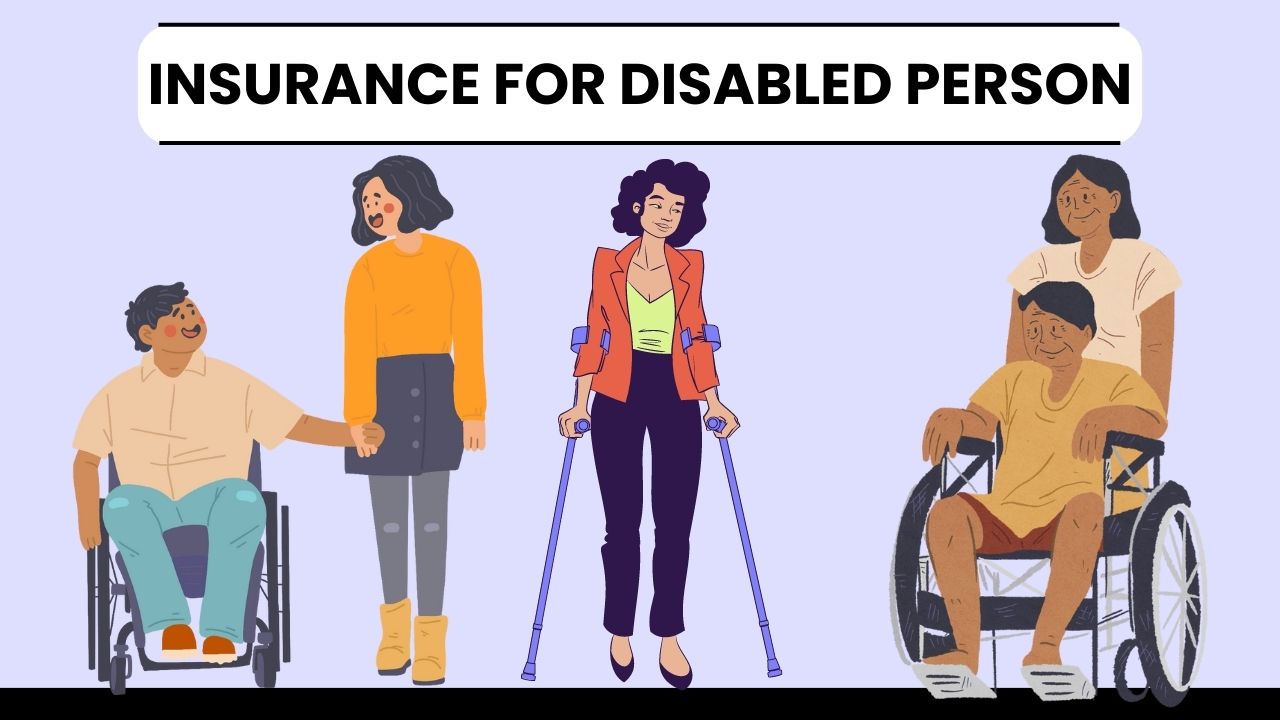Introduction:
Life insurance is an essential financial tool that provides financial security and peace of mind to individuals and their loved ones. While many people may have a general understanding of life insurance, there are specific considerations when it comes to obtaining coverage for disabled individuals, including those who are mentally disabled. In this article, we will delve into the intricacies of life insurance for disabled persons, exploring the options available, the challenges they may face, and important factors to consider when selecting a policy.1. The Importance of Life Insurance for Disabled Individuals:
The purpose of life insurance is to offer financial security to designated beneficiaries in the unfortunate event of the policyholder's demise. For disabled individuals, life insurance can offer crucial benefits, such as:a) Income Replacement: Life insurance proceeds can help replace the income lost due to the death of a disabled person, ensuring that their dependents continue to receive financial support.
b) Covering Medical Expenses: Disability often entails ongoing medical expenses. Life insurance can help cover these costs, ensuring that the disabled person's medical needs are adequately met.
c) Debt Settlement: In many cases, disabled individuals may have outstanding debts, such as mortgage payments or loans. Life insurance can help settle these financial obligations, preventing any burden from falling on their loved ones.
2. Types of Life Insurance Policies for Disabled Individuals:
Two main categories of life insurance policies exist term life insurance and permanent life insurance. Let's explore how these options apply to disabled individuals:Term Life Insurance: Term Life Insurance also known as temporary life insurance, offers coverage for a designated duration, commonly spanning 10, 20, or 30 years. This type of policy is generally more affordable and may be suitable for disabled individuals who have a specific term in mind, such as until retirement age or until their children become financially independent. However, it's essential to note that term life insurance premiums may increase when the policy is renewed, and obtaining coverage may be more challenging for those with pre-existing disabilities.
b) Permanent Life Insurance: Permanent life insurance, which includes whole life insurance and universal life insurance, offers coverage for the entirety of an individual's life, as long as the premiums are paid. While permanent life insurance tends to be more expensive than term life insurance, it provides lifelong protection and may have additional benefits such as cash value accumulation. However, disabled individuals may face stricter underwriting requirements when applying for permanent life insurance, especially if they have pre-existing health conditions.
3. Challenges and Considerations for Disabled Individuals:
a) Underwriting and Pre-Existing Conditions: Underwriting is the process insurers use to assess an applicant's risk and determine the premiums. Disabled individuals, particularly those with pre-existing conditions, may encounter challenges during underwriting. Insurers will evaluate the type and severity of the disability, along with the overall health condition, before offering coverage. It's crucial to disclose all relevant information accurately and work with an experienced agent who specializes in working with disabled individuals to navigate this process.
b) Mental Disability and Coverage: When it comes to life insurance for mentally disabled individuals, the underwriting process may be more complex. Insurers may consider factors such as the severity of the mental disability, the ability to manage daily activities independently, and any associated medical conditions. Some insurers may have specific exclusions or limitations for mental disabilities. It's essential to research insurance providers that offer coverage tailored to the needs of mentally disabled individuals.
c) Riders and Additional Coverage: Riders are additional provisions that can be added to a life insurance policy to enhance coverage. Disabled individuals may consider adding riders that cater to their unique circumstances. For instance, a disability income rider can provide supplemental income if the insured becomes disabled and unable to work. Critical illness riders may offer coverage for specific disabilities or illnesses. Discussing these options with an insurance professional can help tailor the policy to suit the disabled individual's needs.

